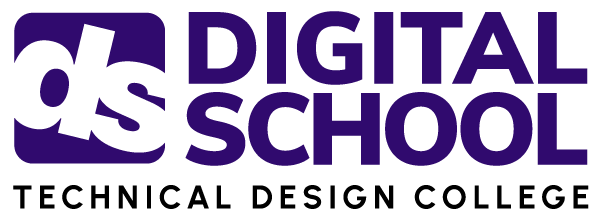The study of engineering design technology provides an exciting opportunity to develop creative and technical skills that have the power to transform the way you work. The projects you work on during your education and throughout your career will be collaborative and a strong understanding of project management will lead you to excel.
If you have organizational skills and enjoy multi-tasking then you might be cut out to become a project manager. In the engineering design industry project managers help create a sense of community and momentum for a team to complete a project on time and within budget. Read on to find out more about the major components necessary for successful project management.
Set Goals and Provide a Clear Project Overview
Every project starts with a plan and every plan has a project manager behind it. When you complete a program in engineering design technology you gain important skills that can be applied to project management. For example, when you learn BIM you will have the opportunity to gain a deeper understanding of all of the components of a project from planning and design to construction and beyond.
The information that makes a BIM process more complete is similar to the information you will need to provide a clear project overview as a project manager. You will have to establish the scope, risks, materials, personnel and schedule in order for a project to be realized within a stakeholder’s or client’s parameters. Project managers in the engineering design technology field must use their passion to see the bigger picture while also understanding the specific set of deliverables that will achieve a final goal.
Flexibility and Problem Solving
Generally, a solid plan will get you to the finish line. However, throughout your career in engineering design technology and during your education you will likely see that every project encounters a few bumps along the way. This means that your initial plan should allow for contingency strategies. In the case where project parameters change a project manager will need to problem solve and adapt.

A good project manager is ready to work with a team to change plans if necessary
Some examples of changes include stakeholders increasing or decreasing budget, construction teams communicating new information about a site that was not available earlier, or any number of variables. Each project will have particular aspects that could be altered throughout their execution. One strategy to mitigate variation within project plans is to keep a change log, which will contribute to status reports and help you devise flexible, realistic plans for future projects.
Work on Team Building Skills in Your Engineering Design Technology Program
In many ways, the project manager is like the team coach, the person who provides support to all the players and connects everyone in service of a common goal. As you will likely experience in an engineering design technology program, one strategy for creating a positive experience for team members is to build smaller goals into the project plan.
If achievements are built into a timeline everyone will benefit. Team members will feel motivated by having their accomplishments acknowledged along the way and you will have a clear way of demonstrating progress to project stakeholders. These points of progress also provide an opportunity to schedule regular times for communication and feedback. This means you can make sure a project is going smoothly and confirm that all team members are on the same page.
Ready to create a brighter future?
Your career awaits.



